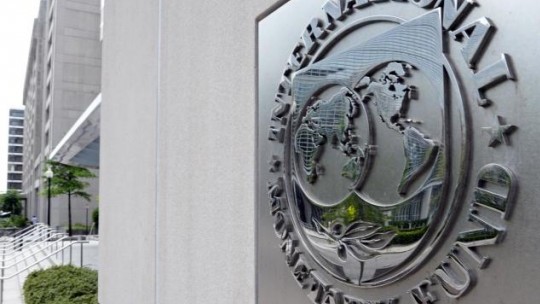CA NINTH REVIEW UNDER THE ARRANGEMENT UNDER THE EXTENDED FUND FACILITY AND REQUEST FOR MODIFICATION OF PERFORMANCE CRITERIA EXECUTIVE SUMMARY Macroeconomic indicators are improving, but growth remains sluggish. Growth has been revised down to 1.4 percent for FY2015/16 as drought continues to impede agricultural growth for a second year in a row. Inflation is projected to be 4½ percent this fiscal year, tempered by low global oil prices. The government’s proactive liability management operation to buyback the debt owed to Venezuela’s PDVSA has lowered debt; the ongoing fiscal effort should ensure it remains firmly on a downward trajectory. The program is on track. All the quantitative performance criteria were met and structural reforms are broadly on schedule. The transition of the retail repo contracts to a trust-based framework has been completed (structural benchmark for end-August). Based on continued strong program implementation and the authorities’ policy commitments, staff recommends completion of the ninth review. Topics of the review. Discussions focused on boosting economic growth and job creation, achieving the goals of the 2015/16 budget, and reforming the financial sector. A new public-sector wage agreement is under negotiation, and an agreement has been signed with two of the major trade unions that represent the majority of public sector employees. Efforts are being made to improve revenue administration and public financial management. There is some scope to further ease monetary policy given weak growth and subdued inflation. Risks to the program remain high. Notwithstanding the authorities’ demonstrated resolve in implementing the program, more tangible signs of improvements in growth and job creation will be important to sustain the social consensus needed to continue on the reform trajectory. Revenue shortfalls or the inability to contain the government wage bill could undermine the fiscal position. An eventual reopening of the domestic bond market may prompt an upward shift in the yield curve and undermine financial sector stability. The run up to elections, which should be held before end-2016, could also potentially delay progress on program implementation and reform momentum.




Leave A Comment